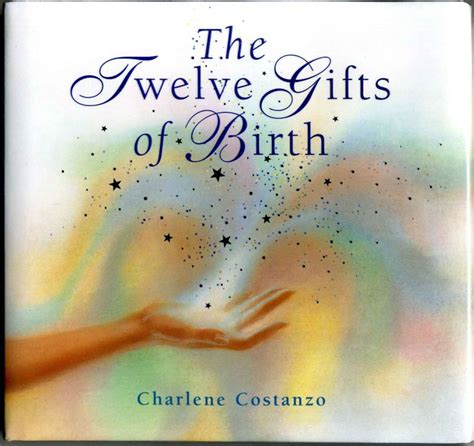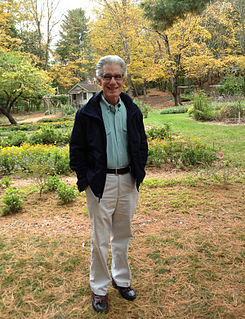A Quote by Socrates
The invention of writing will produce forgetfulness in the minds of those who learn to use it, because they will not practice their memory. Their trust in writing, produced by external characters which are no part of themselves, will discourage the use of their own memory within them. You have invented an elixir not of memory, but of reminding; and you offer your pupils the appearance of wisdom, not true wisdom.
Related Quotes
Own only what you can always carry with you: know languages, know countries, know people. Let your memory be your travel bag. Use your memory! Use your memory! It is those bitter seeds alone which might sprout and grow someday. Look around you - there are people around you. Maybe you will remember one of them all your life and later eat your heart out because you didn't make use of the opportunity to ask him questions. And the less you talk, the more you'll hear.
It is true that one of the first acts of tyrants is to erase history, to wipe out the recorded memory of a people. With that in mind, it's important to remember that the work that we do as writers, artists and performers will form an essential part of the collective memory that future generations will draw upon. And so we owe it to those future generations to defend that memory and be honest witnesses to our times.
We're all just a bundle of habits shaped by our memories. And to the extent that we control our lives, we do so by gradually altering those habits, which is to say the networks of our memory. No lasting joke, or invention, or insight, or work of art was ever produced by an external memory. Not yet, at least.
I'm still willing to continue living with the burden of this memory. Even though this is a painful memory, even though this memory makes my heart ache. Sometimes I almost want to ask God to let me forget this memory. But as long as I try to be strong and not run away, doing my best, there will finally be someday...there will be finally be someday I can overcome this painful memory. I believe I can. I believe I can do it. There is no memory that can be forgotten, there is not that kind of memory. Always in my heart.
But the healing place is within you. Healing is a gift you were granted at birth, just as you were granted others. Use your gifts, child. Use the beauty, the courage, the hope and the love that is in you. Call upon your strength. Use compassion and faith. Even during sad times joy is within you. Bring it forth. Wisdom is there to guide you. Use any one of your gifts and you will rouse the power of your healing place. Use all of them and you will sustain it.
You can use reading as a food for the ego. It is very subtle. You can become knowledgeable; then it is dangerous and harmful. Then you are poisoning yourself, because knowledge is not knowing, knowledge is not wisdom. Wisdom has nothing to do with knowledge. Wisdom can exist in total ignorance also. If you use reading just as a food for the mind, to increase your memory, then you are in a wrong direction. But reading can be used in a different way; then reading is as beautiful as anything else in life
But pain may be a gift to us. Remember, after all, that pain is one of the ways we register in memory the things that vanish, that are taken away. We fix them in our minds forever by yearning, by pain, by crying out. Pain, the pain that seems unbearable at the time, is memory's first imprinting step, the cornerstone of the temple we erect inside us in memory of the dead. Pain is part of memory, and memory is a God-given gift.








































